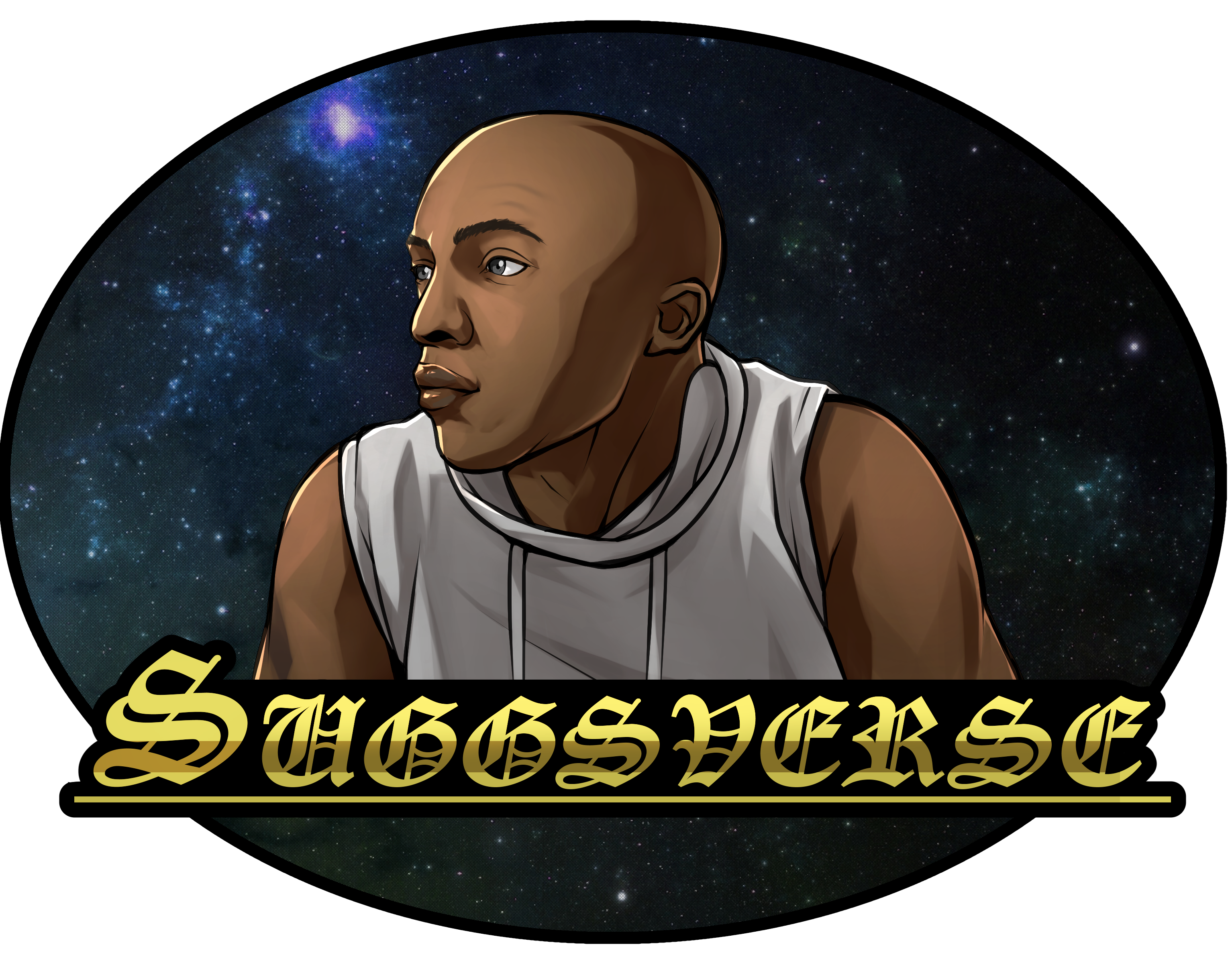Xilith Mael’Theron Persona
Xilith Mael’Theron is the very embodiment of a paradox, a figure whose existence is dictated by a schism beyond meta-possibility, where sorrow, wrath, and unshackled suggslogic collide into a singularity of contradiction. He does not merely exist—he is a living rupture in the fabric of causality, a being sculpted by forces beyond the necessity of understanding. His personality is fractured, layered upon itself in a cycle of forgotten origins, wrathful resurgence, and a veiled existence that neither belongs to past nor future.
At his core lies the Absentia Core, the remnants of a self that once knew peace before the ineffable cataclysm of his soul. He is neither cruel nor kind, neither passionate nor indifferent—he simply is. He speaks little, not out of stoicism, but because he has relinquished the right to feel, knowing that to indulge in sorrow or rage would unravel his already fractured existence. He does not react to danger in the way mortals do, for he does not see battle as a sequence of events but as something already determined. To his adversaries, he is unreadable, an enigma who neither hesitates nor rushes, existing outside the necessity of action and consequence.
But buried beneath this detachment is something far more terrifying—Suggd-Xaeroth, the Wrath Beyond Naming. When unshackled, he is not simply an incarnation of rage but its ultimate inversion, a cataclysmic force given form. There is no theatrical madness in his destruction; his wrath is cold, surgical, and absolute. Unlike lesser berserkers who succumb to emotion, Suggd-Xaeroth does not fight out of hatred or vengeance—he unmakes because war has been embedded into his very essence. His mere presence erases the battlefield itself, and his enemies do not die by his blade, but by the inevitability of their own erasure from all conceivable realities.
Between these two extremes lies the Veiled Enigma, the facsimile of self that was created in the absence of history. This is Xilith in his most enigmatic form, an entity that does not recall his past nor seek to reclaim it. He does not operate on logic or emotion, but on an instinctual will that neither he nor those who observe him can fully comprehend. He is not a warrior, nor a philosopher, nor even a seeker of truth—he is simply a wandering sovereign of lost echoes, his very presence shifting the narrative trajectories of those who cross his path. His words, when spoken, are not declarations, but reverberations from a place beyond meta-possibility. To those who hear him, it is as though they are listening to a voice that has already seen their fates unfold.
Xilith does not believe in identity, for he is not a name, nor a past, nor a being. He does not believe in strength, for all things are bound to collapse beneath inevitability. He does not believe in conflict, for to fight is not to oppose, but to recognize the existence of something that has already lost. His very presence is a paradox—both absent and overwhelming, both untouchable and inescapable. He does not seek revenge, yet he is the ultimate consequence of betrayal. He does not crave war, yet he is war incarnate. His mere existence alters causality, rewrites grand meta-narratives, and ensures that those who stand against him have already fallen before they were conceived.
In the end, Xilith Mael’Theron is not a hero, nor a villain. He is the forgotten, the forsaken, the ineffable embodiment of a war that should never have been.
